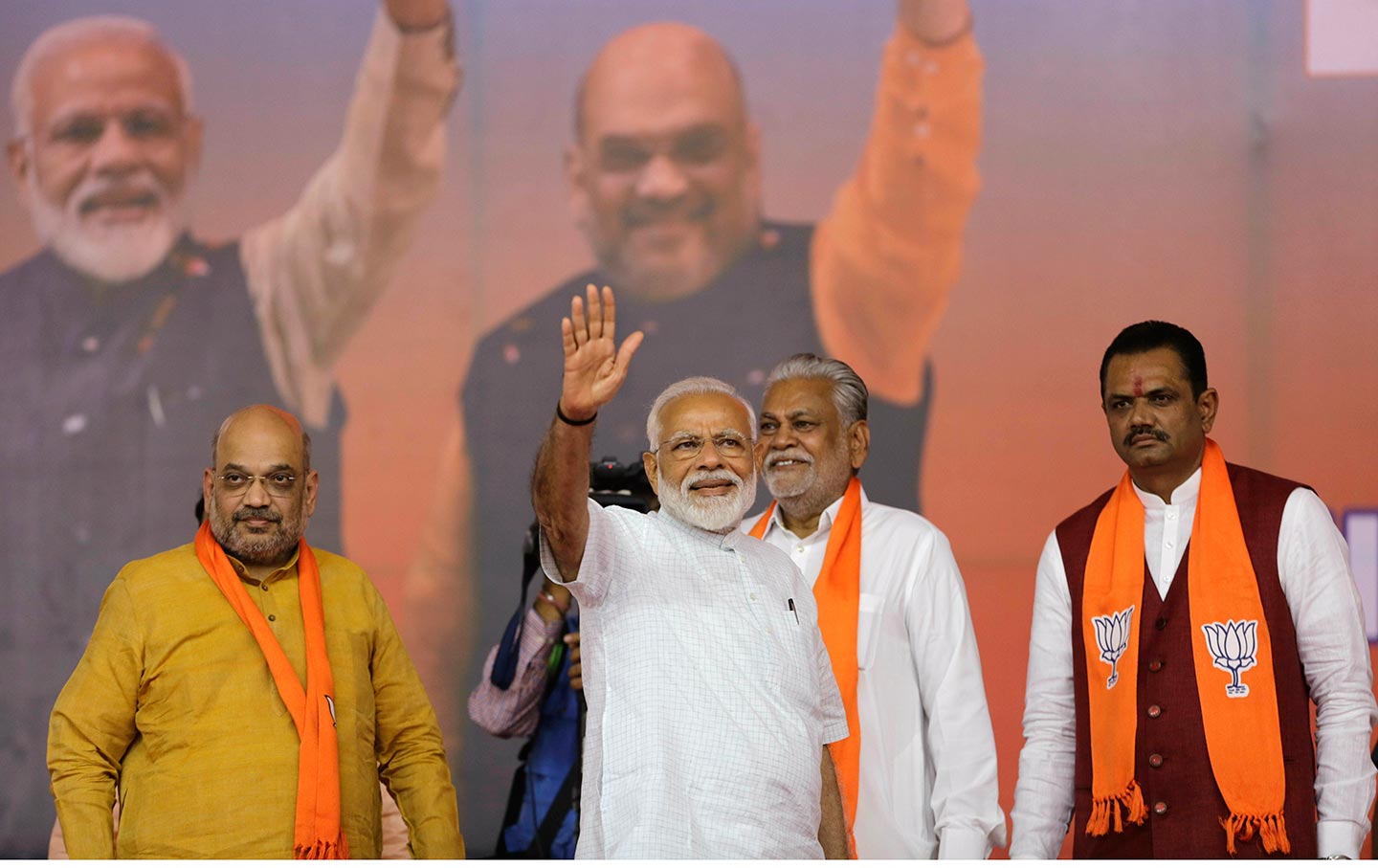One of the leaders of Bharatiya Janata Party has initiated a storm of controversy which runs deep into India today by proclaiming that nearly 300,000 mosques in India are illegal. Singh’s warnings about the severe consequences which Muslims would face in case of them being perceived as causing division in the country should be viewed as alarming by many quarters and observers. He has also threatened to demolish those allegedly illegal mosques, referring to a recent incident in Shimla in order to authenticate his claim.
There is much controversy now surrounding the treatment of Muslims in India under the BJP-led government. The party under Prime Minister Narendra Modi has been subjected to criticism on matters relating to its policies and rhetoric on minority communities, particularly Muslims.Critics dubbed Singh’s remarks inflammatory and potentially damaging, giving rise to an all-pervasive ambiance of mistrust and disagreement among religious groups. Analysts feel that this statement by the gentleman tends to whip up sectarian tensions, creates unrest in society, and undermines communal harmony.
Singh’s rhetoric, thus, has precipitated the biggest controversy in political circles, with many seeing him as an individual who either wanted to attract some political base or whose discourse was intended to bring out heightened anti-Muslim feelings.The lack of immediate condemnation by the BJP only fuels the perception that there might be a muted endorsement and acceptance. This has ignited full-scale anxiety among myriad religious and minority groups about the future of secularism and minority rights in India.
Not so long ago, a mosque was a target of Hindu extremists, especially in 1992, with the most notorious incident involving the demolition of the Babri Masjid. It is one of the most flamboyant flashpoints in India’s communal history, as it exposed vulnerabilities of religious minorities in the country. The after-effects of such events can be strongly felt through the controversies and tensions revolving around religious sites and communal identity.
So, Singh’s statements are also voices in the greater debates on secularism and various kinds of oppressions of minorities across India. Even though its constitution promises freedoms of religion and equal rights for citizens from all walks of life, events often belie this on the ground especially when certain political leaders utter provocative statements. According to Muslim activists, the threats brought upon by Singh work against not only religious freedom but also push along a xenophobic environment by cornering their communities.
A dire need has been felt from solid actions from the political leadership and institutions to redress and de-escalate the situation that has been created.There is a dire need for reiteration of India’s commitment to secularism and equal rights along with policies and actions to enhance religious harmony and protect the minority communities from discrimination and violence.
It will depend on political discourse and leadership as they influence the communal landscape of the nation and how that plays out in the situation unfolding. It is quite important that the words and actions of public figures not be those that create division but instead foster an environment of inclusiveness and respect to maintain social cohesion and democratic norms.
In a nutshell, however, the BJP’s doings in Giriraj Singh – “300,000 mosques are illegal”, threatening to demolish them reflect a disturbing trend of rising religious tensions in India. The BJP government at the different levels of politics will be deeply consequential in this future course of communal relations and the rights of the minorities.















